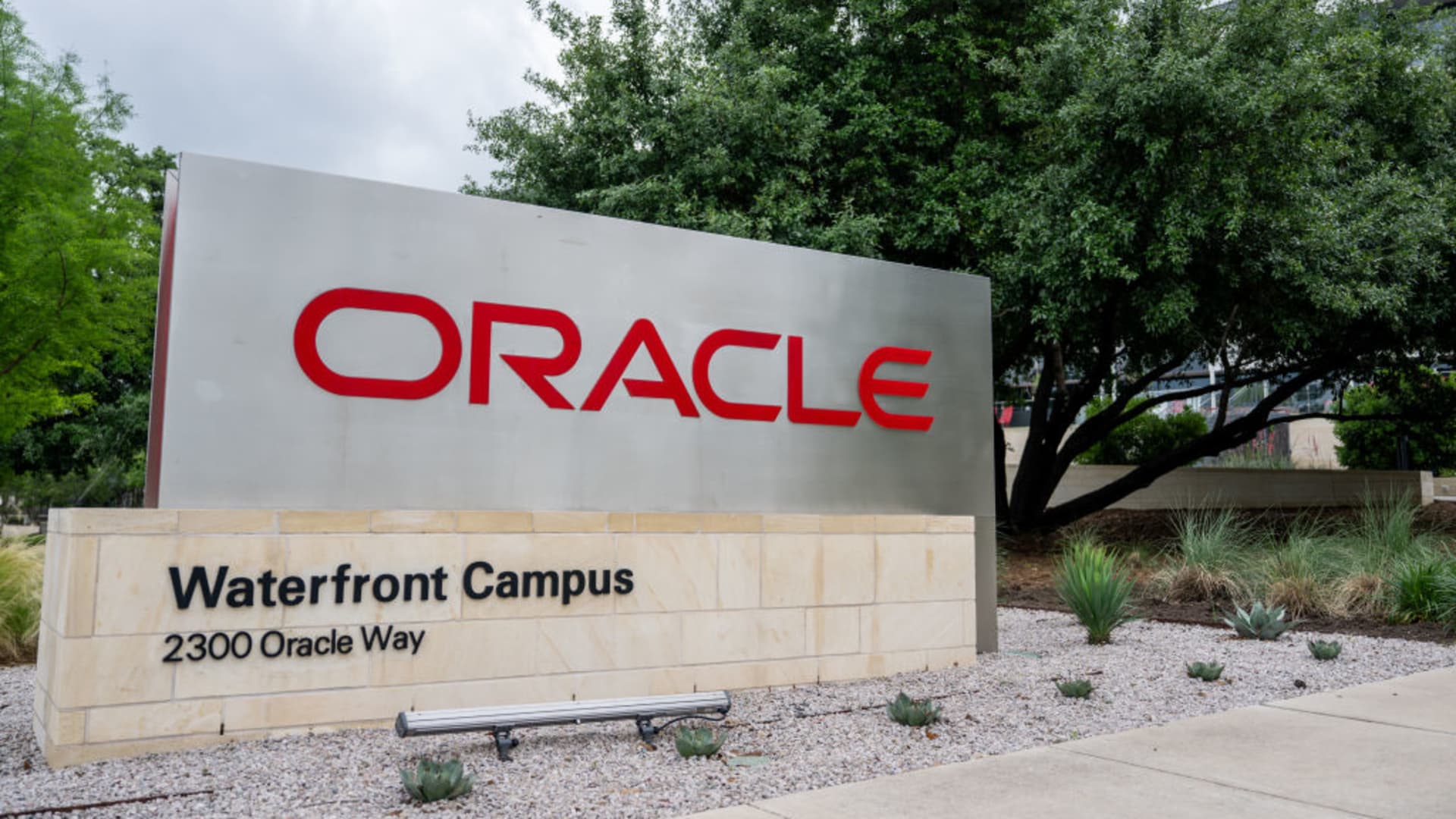Published
5 hours ago
on
June 12, 2024 Graphics/Design:
See this visualization first on the Voronoi app.
The Income Needed to Live Comfortably in Every U.S. State
This was originally posted on our Voronoi app. Download the app for free on iOS or Android and discover incredible data-driven charts from a variety of trusted sources.
Individuals in the top 11 most expensive states in the U.S. need an annual income exceeding $100,000 to live comfortably.
This map shows how much income single adults need to live comfortably in each U.S. state. SmartAsset calculated the income needed using the cost of necessities sourced from the MIT Living Wage Calculator, last updated on Feb. 14, 2024.
In this case, “comfortable” was defined as the annual income required to cover a 50/30/20 budget, allocating 50% of earnings to necessities such as housing and utility costs, 30% to discretionary spending, and 20% to savings or investments.
Massachusetts Ranks First
Massachusetts is the most expensive state to live comfortably in. A single adult needs to make at least $116,022 annually or $55.78 per hour.
RankStateSalary needed for a single working adult 1Massachusetts$116,022 2Hawaii$113,693 3California$113,651 4New York$111,738 5Washington$106,496 6Colorado$103,293 7New Jersey$103,002 8Maryland$102,918 9Oregon$101,088 10Rhode Island$100,838 11Connecticut$100,381 12Virginia$99,965 13New Hampshire$98,093 14Arizona$97,344 15Georgia$96,886 16Alaska$96,762 17Vermont$95,763 18Illinois$95,098 19Delaware$94,141 20Utah$93,683 21Nevada$93,434 22Florida$93,309 23Maine$91,686 24Pennsylvania$91,312 25North Carolina$89,690 26Minnesota$89,232 27Idaho$88,733 28South Carolina$88,317 29Wyoming$87,651 30Texas$87,027 31Tennessee$86,403 32Indiana$85,030 33Montana$84,739 34Kansas$84,656 35Michigan$84,365 36Wisconsin$84,115 37Missouri$84,032 38Alabama$83,824 39Nebraska$83,699 40New Mexico$83,616 41Iowa$83,366 42Mississippi$82,742 43Louisiana$82,451 44South Dakota$81,453 45Ohio$80,704 45Kentucky$80,704 47North Dakota$80,538 48Oklahoma$80,413 49Arkansas$79,456 50West Virginia$78,790
West Virginia is the least expensive for a single adult, who only needs to make an estimated $37.88 per hour, or $78,790 annually.
To live comfortably on your own in the top five states, a person


